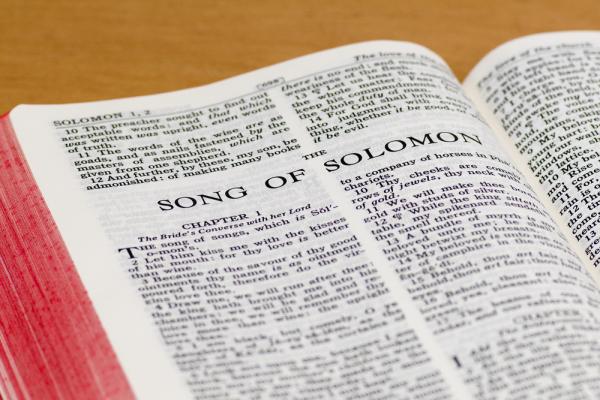I am black, but [AND] comely, O ye daughters of Jerusalem, as the tents of Kedar, as the curtains of Solomon. Look not upon me, because I am black, because the sun hath looked upon me: my mother's children were angry with me; they made me the keeper of the vineyards; but mine own vineyard have I not kept. Song of Songs 1: 5-6
As the Executive Director for Faith in New York, an affiliate of the PICO National Network, I organize faith communities to take action for justice concerning issues that threaten the health of our communities. One of our campaigns is Live Free New York, which is a part of a national movement in which people of faith are working to end mass incarceration, gun violence, and police brutality through policy change and direct action.
Mass incarceration is an issue with many tentacles, and in New York, one tentacle is school suspension rates that are through the roof for black children. What many in the black community don’t understand is that according to data from the Office for Civil Rights at the U.S. Department of Education, as presented in a recent New York Times article: “black girls in public elementary and secondary schools nationwide are suspended at a rate of 12 percent compared with a rate of just 2 percent for white girls and more than girls of any race or ethnicity. … An analysis by Villanova [University] researchers of data from the National Longitudinal Surveys of Youth and the National Longitudinal Study of Adolescent Health indicated that black girls with the darkest skin tones were three times more likely to be suspended than black girls with the lightest skin.”
Read the Full Article

